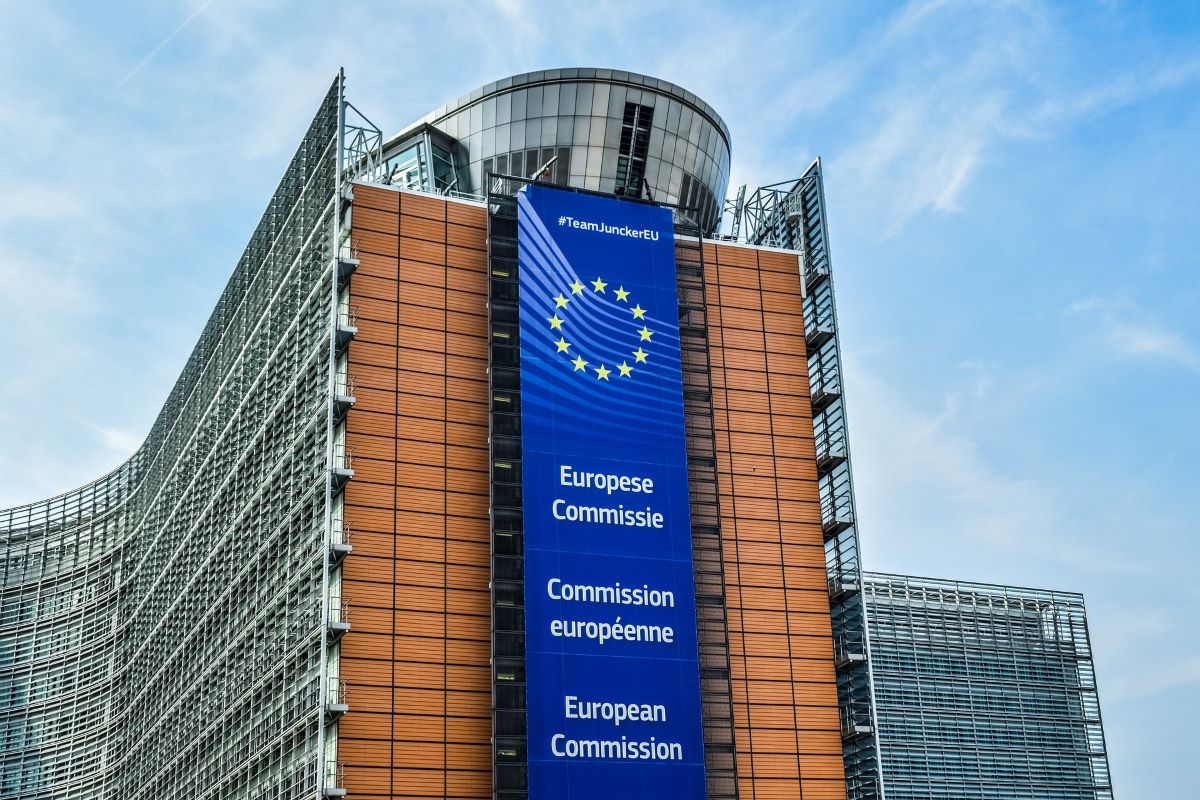On Wednesday, the European Commission presented legislative proposals to implement the most comprehensive reform of the EU’s economic governance rules since the aftermath of the economic and financial crisis.
The changes to the landmark Growth and Stability Pact and other key elements of the bloc’s fiscal policy framework are meant to “strengthen public debt sustainability and promote sustainable and inclusive growth in all member states through reforms and investment”.
The proposals supposedly address shortcomings in the current framework.
“They take into account the need to reduce much-increased public debt levels, build on the lessons learned from the EU policy response to the COVID-19 crisis and prepare the EU for future challenges by supporting progress towards a green, digital, inclusive and resilient economy and making the EU more competitive,” said the Commission.
The new rules will facilitate necessary reforms and investment and help reduce high public debt ratios in a realistic, gradual and sustained manner, in line with President von der Leyen’s 2022 State of the Union address.
“The reform will make economic governance simpler, improve national ownership, place a greater emphasis on the medium term and strengthen enforcement, within a transparent common EU framework.”
The Commission said that the proposals are “the result of an extended period of reflection and broad consultation process”.
One of the main changes is the introduction of national medium-term fiscal-structural plans, where member states will design and present plans setting out their fiscal targets, measures to address macroeconomic imbalances and priority reforms and investments over a period of at least four years.
These plans will be assessed by the Commission and endorsed by the Council based on common EU criteria.
“Integrating fiscal, reform and investment objectives into a single medium-term plan will help to create a coherent and streamlined process. It will strengthen national ownership by providing member states with greater leeway in setting their own fiscal adjustment paths and reform and investment commitments. Member States will present annual progress reports to facilitate more effective monitoring and enforcement of the implementation of these commitments.”
The Commission acknowledged that fiscal situations, challenges and economic prospects vary greatly across the EU’s 27 member states.
“Hence, a one-size-fits-all approach does not work. The proposals seek to move to a more risk-based surveillance framework that puts public debt sustainability at its core, while promoting sustainable and inclusive growth.”
The three per cent and 60 per cent of GDP reference values for deficit and debt will remain unchanged.
The ratio of public debt to GDP will have to be lower at the end of the period covered by the plan than at the start of that period; and a minimum fiscal adjustment of 0.5 per cent of GDP per year as a benchmark will have to be implemented so long as the deficit remains above three per cent of GDP.
The proposals also include provisions for “general and country-specific escape clauses” which will allow deviations from the expenditure targets in case of a severe economic downturn in the EU or other extreme situations.
Investment in green and digital technologies will also be prioritised, with states benefitting from a more gradual fiscal adjustment path if they commit in their plans to a set of reforms and investment that comply with specific and transparent criteria.
The Commission called on the European Parliament and the Council to reach agreement on the legislative proposals presented as quickly as possible, “so as to adequately respond to the challenges ahead”.
Although it set an ambitious target to have the package passed by the end of the year, negotiations are expected to take longer.
Self-employed, employees and companies contribute €2.1 billion in 2023
Parliamentary data reveals five-year growth trends in fiscal contributions
MFSA concludes review of Crypto-Asset Service Providers following MiCA implementation
The Authority provided clear expectations and guidance to address certain concerns.
Malta Development Bank to launch schemes supporting sustainable development and creative sector
In 2024, the MDB launched the SME Guarantee Scheme and the Guaranteed Co-Lending Scheme






